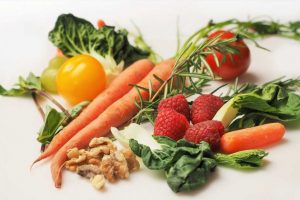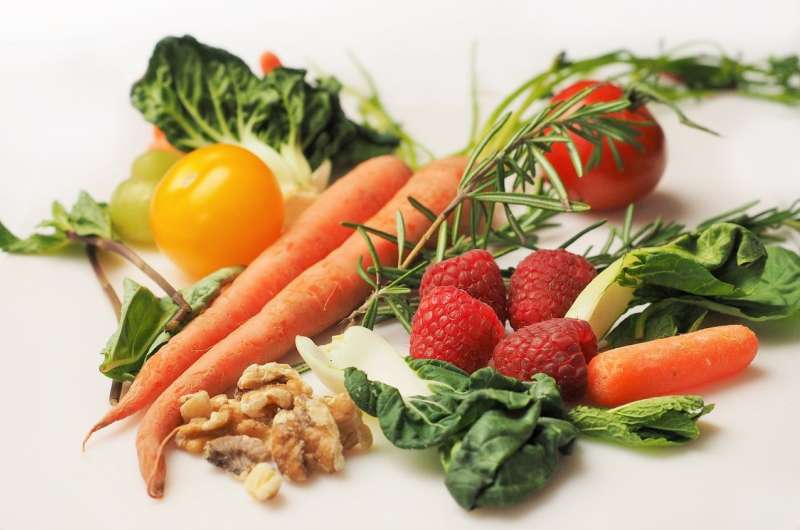Switching to a more plant-based diet affects nutrient intake


A diet based on plant sources benefits both population health and the environment. However, in plant-based diets the intake of certain vitamins and minerals can differ from that of an average Finnish diet, which is heavily oriented toward animal-based sources.
In comparative studies focused on vegetarian and mixed diets, folate intake and folate concentrations measured in the body have been found to be higher in people observing a vegan diet, and to a degree, also in those who adhere to a more plant-based diet. In contrast, the intake of vitamin B12 and iodine was reduced.
In individual studies, the body’s iron stores have also been found to be lower in people on a plant-based diet, even if their iron intake has been abundant. This is probably at least partly explained by the poorer absorption of iron originating from plants.
In the light of recent studies, and for climate-related reasons in particular, Finns should make the transition to a more sustainable, plant-based diet. This would mean reducing the consumption of food products derived from animals, especially red meat and processed meat. Such a change would also yield health benefits, including improvements to the quality of fat in the diet, and consequently, improved lipid levels in the blood.
“In terms of nutrient intake, the transition can be made in a reasonably safe manner, but the more plant-based the new diet is, the more changes there will be in nutrient intake,” says Doctoral Researcher Tiina Pellinen from the Faculty of Agriculture and Forestry, University of Helsinki.
In spring 2017, a study was carried out at the University of Helsinki, involving 136 healthy adult volunteers who followed one of three study diets for 12 weeks. One of the diets relied heavily on animal proteins, corresponding with the diet of average Finns. In the other two diets, varying shares of animal protein sources, including red meat, poultry and dairy products, were replaced with a range of sources containing plant proteins, such as legumes, nuts, seeds and cereal products.
Replacing animal-based protein sources with plant-based options also alters vitamin and mineral intake
In the case of vitamin B12 and iodine, the results of the study are in line with prior research—their intake decreased in the diets based primarily on plant-source proteins. In contrast, the study subjects gained more iron and folate in the most plant protein-rich diet compared to the diet based on animal protein sources.
However, no differences were seen among the diets in the biomarkers indicating the iron status of the body or folate concentration. In other words, the iron status did not worsen, which may be due to the presence of a sufficient number of factors that promote iron absorption, including vitamin C, in the more plant-based diets.
At the same time, the more the animal protein sources were replaced with plant protein sources, the more the vitamin B12 intake decreased. The concentration of active vitamin B12 in the blood was significantly lower in the most plant-based diet group compared to the group that followed the diet based on animal protein sources.
The intake of iodine from food and iodine concentration in urine decreased in both of the plant-based diets equally compared to the animal-based diet.
“When switching to a more plant-based diet, it’s important to ensure sufficient intake of vitamin B12 and iodine. Today, iodine and vitamin B12 have been added to most plant-based products designed to replace milk. Had we used supplemented products in this study too, we might have obtained different results in terms of these nutrients,” Pellinen muses.
When replacing dairy products in the diet, plant-based products supplemented with vitamin B12 and iodine should be favored. Nordic nutrition guidelines recommend considering the use of vitamin B12 supplements when observing a vegetarian diet, while iodine supplements are recommended during pregnancy and breast-feeding if iodine intake from food is limited.
Source: Read Full Article




